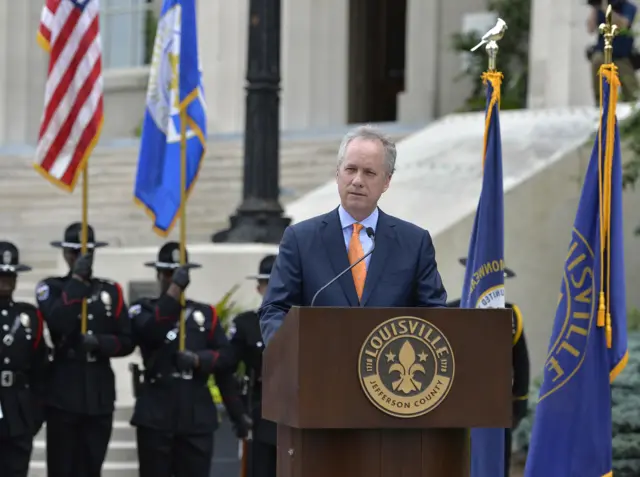BBC coveragepublished at 18:16 BST 4 June 2016
 BBC Radio 5 Live
BBC Radio 5 Live
A tribute to Muhammad Ali is under way on BBC Radio 5 live and you can listen by clicking the tab at the top of this page.
The programme will look at his impact in the United Kingdom and the rest of the world, his rise as a media superstar and you will be able to relive his famous Rumble in the Jungle fight.







